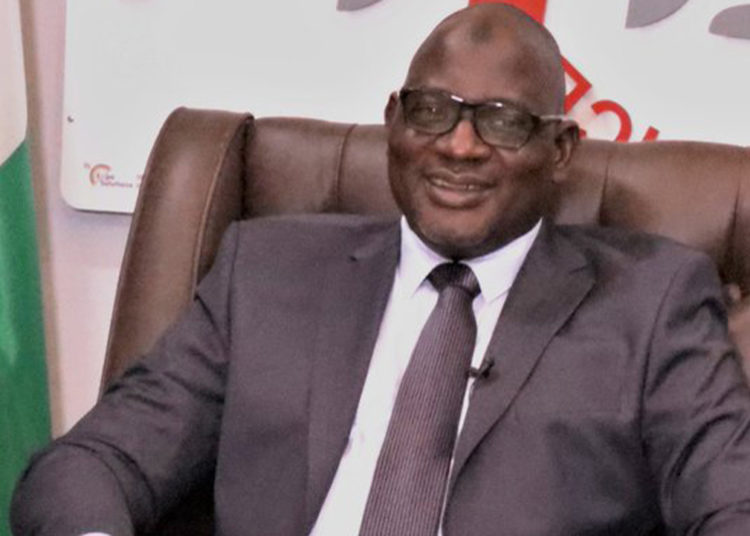For businesses to invest and expand, there is need to be a friendly fiscal policy such as lessened corporate tax rates and incentives like tax breaks, that will lead to job creation.
Also, business-friendly monetary policies such as lower interest rates make borrowing more attractive, spur investment in the private sector and ultimately create jobs.
Over the years, Nigeria has made notable steps to ensure that its tax and other regulations favour businesses operating in Nigeria and provide incentives for foreign direct investments. However, the efficacy of these regulations in achieving these goals is contentious.
The new administration in Nigeria signed the Finance Act (Effective Date Variation) Order which deferred the commencement date of the Act from May 23, 2023, to September 1, 2023. Likewise, the President signed the Customs Excise Tariff Amendment Order to move its effective date from March 27, 2023, to August 1, 2023, in adherence to the 90-day advanced notice requirement outlined in the 2017 National Tax Policy. Apart from the deferment orders, President Bola Tinubu suspended the five per cent Excise Tax on telecommunication services and excise duty on locally made products, halting the Green Tax on single-use plastics and Import Tax Adjusted levy on vehicles.
Also, recently, the federal government, through the Federal Inland Revenue Service (FIRS), announced the VAT Direct Initiative, a scheme aimed towards enabling the government to collect Value Added Taxes from the informal sector and reduce multiple taxations in the informal economy.
This initiative will see the partnership between the FIRS and the Market Traders Association of Nigeria to collect and remit VAT from its members, particularly those in the informal sector using a unified systems technology.
Stakeholders Responses
The Nigeria’s Organised Private Sector (OPS) have commended Tinubu’s signing of four Executive Orders as part of his bid to improve the nation’s business environment.
Director and founder, Centre for the Promotion of Private Enterprise (CPPE), Dr Muda Yusuf claimed that “the decision of the President to revert some of the taxes was commendable and demonstrates the fact that he is a listening and responsive president.
“Given all the challenges that the economy has been facing, especially on the fuel subsidy removal, it is only fair that we reduce other taxes otherwise many businesses will go under.”
He said that these taxes have implication for inflation and the citizens have been complaining about the high cost of living, production and operating cost.
Director-general of Manufacturers Association of Nigeria (MAN), Segun Ajayi-Kadir said: “the last administration had revised upward the excise duty as contained in the 2023 fiscal policy measure without any impact assessment and adequate consultation with stakeholders in the manufacturing sector.
“It is therefore worthy of commendation that the President took due and far-sighted notice and consideration of the concerns. In keeping with the trend of positive policy initiatives that we have seen with his administration, the four executive orders released has put paid to the anxieties of manufacturers in the affected sectors in particular and operators in the expansive value chain in general.
“The suspension of the obnoxious aspects of the 2023 Fiscal Policy Measures, which arbitrarily imposed additional tax burden on the manufacturing sector, is a welcome development and has removed a looming clog on its operations and productivity.
“Manufacturers in the affected sector are pleased and we can now reconnect with our projections and plans made in the beginning of the year. We expect that the Customs Service will now stand down the requirements for compliance with the excise escalation and the registration for the green tax,” he said.
Ajayi-Kadir added that, “while realising that government needs funds, it is advisable that it focuses on expanding the tax base by developing a strategic framework that will bring a substantial number of taxable individuals and businesses that are not in the tax net into the fold.
“The pursuit of tax increments on already tax-burdened industries is inimical to the growth of the manufacturing sector and not in the overall interest of the citizens who are the ultimate consumers.”
Also, the president of Association of Chambers of Commerce, Industry, Mines and Agriculture (NACCIMA), Chief Dele Oye said: “We appreciate the administration’s commitment to ensuring that Nigerian businesses are not unduly burdened by unfavourable policies.
“We note that the tax changes were intended to raise revenue while addressing important public health and environmental concerns. However, the lack of adequate notice and clarity on the implementation of the changes has resulted in significant challenges for affected businesses, including rising costs, falling margins and capacity underutilisation.”
Oye stressed that, “we urge the federal government to continue to engage with stakeholders and implement policies that are business-friendly and promote sustainable economic growth. We believe that the private sector is essential to achieving the government’s goal of higher GDP growth and reduced unemployment rate through job creation.”











